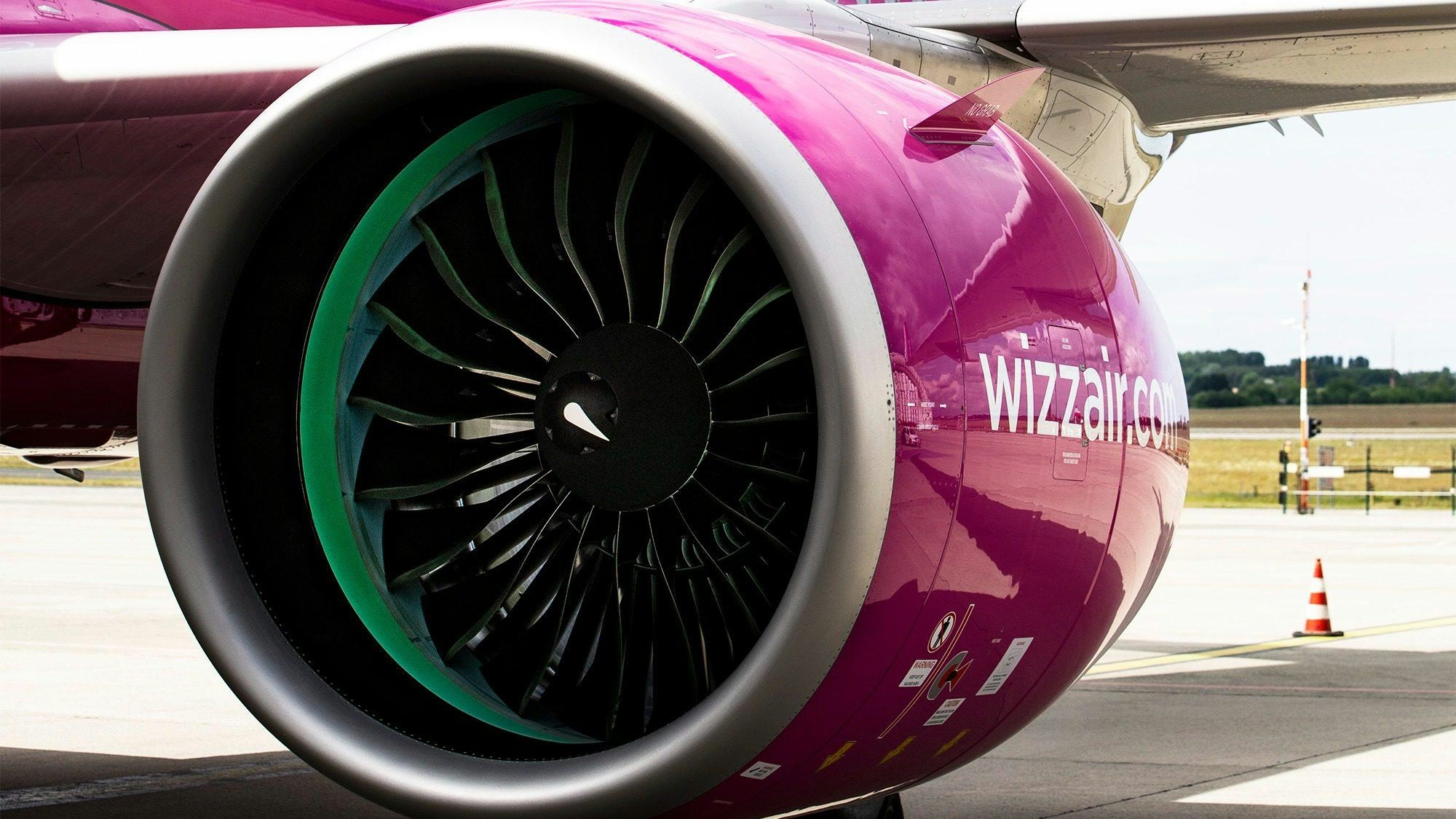AeroGenie — Il tuo copilota intelligente.
Tendenze
Categories
Legal Considerations in Aircraft and Engine Leasing in Kazakhstan

Legal Considerations in Aircraft and Engine Leasing in Kazakhstan
Navigating the Regulatory Landscape
Aircraft and engine leasing transactions in Kazakhstan require careful navigation of a multifaceted legal and regulatory framework. This complexity is heightened in cross-border leasing arrangements, where parties must reconcile local legislation with international aviation standards. Kazakhstan’s legal environment is governed by a combination of domestic laws, including the Civil Code and aviation regulations, alongside international agreements such as the Cape Town Convention. Compliance with these frameworks is critical for lessors and lessees to protect their interests and ensure enforceability, particularly in cross-border contexts.
Challenges and Market Dynamics
One of the principal challenges in Kazakhstan’s aviation leasing market is the potential for regulatory shifts. The sector is subject to evolving rules that can significantly affect the terms and enforceability of leasing contracts. Industry experts, including those participating in the Aviation Week Network’s Engine Leasing, Trading and Finance Europe event, have observed that these regulatory changes are prompting lessors to reevaluate their risk management and compliance strategies, not only in Kazakhstan but across similar jurisdictions.
The competitive landscape within the airline industry further influences leasing demand. Major carriers such as United and Frontier have implemented aggressive strategies to expand their market share at the expense of competitors like Spirit, reflecting broader consolidation trends. These developments impact fleet optimization decisions and, consequently, the demand for leased aircraft and engines.
Legal disputes within the sector also carry significant implications. Ongoing cases, such as Condor’s litigation against Lufthansa, highlight the necessity for robust contractual protections and effective dispute resolution mechanisms in leasing agreements. Such precedents may shape future leasing practices and legal interpretations in the region.
Recommendations for Market Participants
Given the complexities inherent in Kazakhstan’s aircraft and engine leasing market, parties are advised to undertake comprehensive due diligence concerning regulatory requirements and potential legal risks. Continuous monitoring of both local and international aviation regulations is essential to maintain compliance. Lease agreements should be carefully structured to align with applicable laws and international conventions, incorporating clear provisions for dispute resolution and enforcement.
As the market evolves, staying abreast of legal developments and industry trends will be vital for successful transactions. Engaging legal counsel with expertise in Kazakh and international aviation law is strongly recommended to effectively navigate this challenging environment.

Emirates Unveils Cabin Design for New Boeing 777X

Eighteen Years On, the Airbus A380 Remains Central to a $34 Billion Airline

How a boom in luxury airline seats is slowing down jet deliveries

Navitaire Outage Attributed to Planned Maintenance

Airbus Plans Record Delivery of 870 Aircraft in 2026

DigiYatra Debuts Outside Aviation at India AI Impact Summit

Vietnam Orders Strengthen Boeing’s Commercial Outlook

Airbus Signals Uncertainty Over Future A400M Orders

JobsOhio Awards $2 Million Grant to Hartzell Propeller for Innovation Center

Collins Aerospace Tests Sidekick Autonomy Software on YFQ-42A for U.S. Air Force CCA Program
